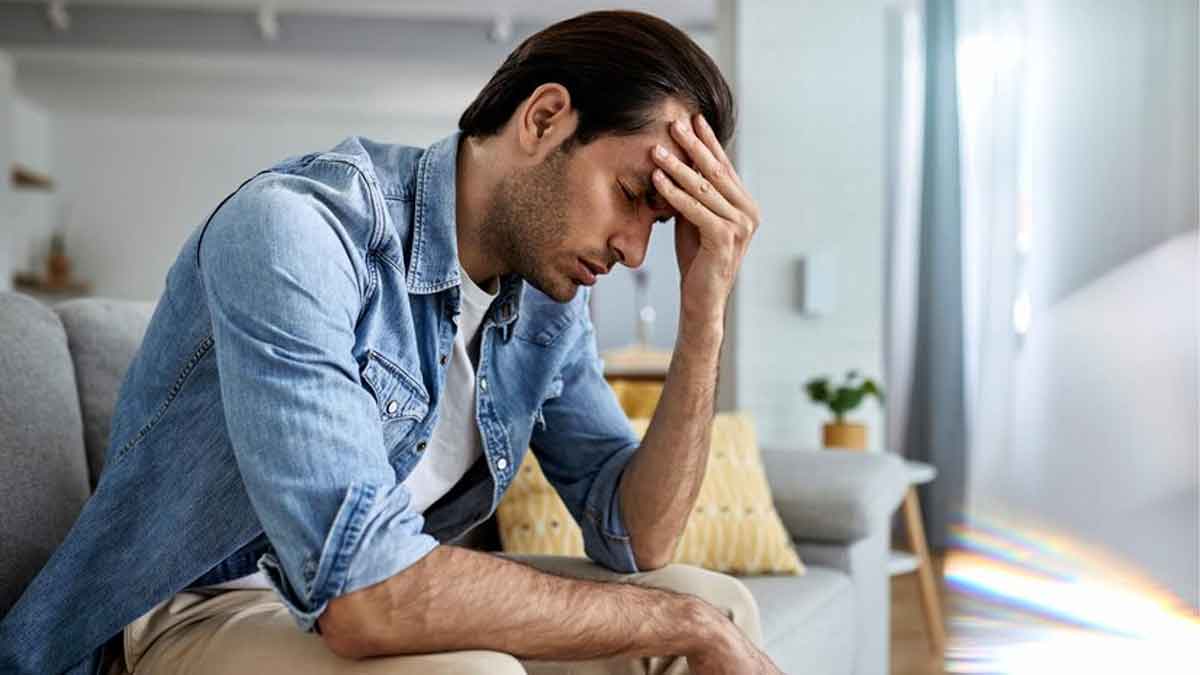
The excessive exposure of social media has been long referred to as a villain when it comes to mental health. But is it that bad? Social media came as a boon in the late 2000s and became a tool for easy communication without spending a lot of money.
Table of Content:-
CHECK YOUR
MENTAL HEALTH

A panel was organised during Healthcare Heroes Awards 2024 where doctors and experts came to discuss ‘Mental Health in the era of social media: Stress or not’. The panellists included Sakshi Mandhyan, Founder, Mandhyan Care; Dr Tarun Vijay, Consultant Neurologist, Former Head of the department, Kailash Hospital, Noida; and Archana Singhal, Counselor and Family Therapist, Founder, Mindwell Counsel. The panel was moderated by Vani Malik, Content lead, Health, Jagran.
Effect Of Prolonged Social Media Exposure On Mental Health

Mindless scrolling for hours on social media can contribute to a lot of mental health problems. When asked what are its impacts on one’s mental health, Singhal said, “When it comes to mental health, everything is blamed on social media. Everybody constantly talks about social media being a bad influence and positive impacts are overlooked. Social media has both good and bad aspects. Good aspects include a sense of belonging, keeping in touch with friends and family, easy communication and bad aspects are depression, self esteem, comparison and so on.”
She further said that this all contributes to anxiety which can have physical symptoms like headaches, fatigue and lack of functioning. According to her, among millennials and Gen Z generations battling mental health issues, 11% of them are affected by social media and are experiencing physical symptoms.
Also read: Too Much Using Social Media? Here Are Some Signs You Need A Break
Is FOMO The Real Villain?

FOMO, Fear Of Missing Out, is the most common problem that avid social media users go through. People often compare their lives on the basis of social media. FOMO refers to anxiety that an exciting or interesting event may currently be happening elsewhere, often aroused by posts seen on social media.
On this, Mandhyan said, “I never was on social media until COVID arrived. As soon as I started using it due to requirements, I personally understood FOMO. It is prevalent among people because of so much content. All the successes posted, fancy places people post about and you think that I’m unable to go. There are comparious, negative thoughts and half glass empty syndrome. Because of this you constantly fall into the trap and feel FOMO. It is important to limit the use of social media to overcome this.”
Impact Of Mental Health On Families

According to Singhal, the family gets indirectly affected when an individual is facing mental health issues. She said, “The family can be receptive to the problem and help them. In my experience, usually families are not very receptive and I have seen that they do not understand that there are underlying problems and the entire blame goes to social media.”
Dr Tarun suggested coming up with a healthy family media plan. Family media plan refers to a written document that outlines agreed household rules for screen use as well as consequences for breaches.
“It is important to make children understand where to draw the line and their screen time should be limited. Don’t take their phones away and stop them from using social media, that will again invite other issues due to peer pressure.”
Also read: Mental Health Matters: Expert Explains The Phenomenon Of Crying For Small Things
Conclusion
Concluding, Mandhyan said, “On social media, information is overloaded. Whatever information you are consuming, just ensure you are not overloading it. Practising micro breaks regularly must be popularised among people who are stuck with their screens all the time.”
Also watch this video
Read Next
Anxiety Vs Anxiety Disorder, Experts Share A Comprehensive Guide About This Mental Health Condition
How we keep this article up to date:
We work with experts and keep a close eye on the latest in health and wellness. Whenever there is a new research or helpful information, we update our articles with accurate and useful advice.
Current Version